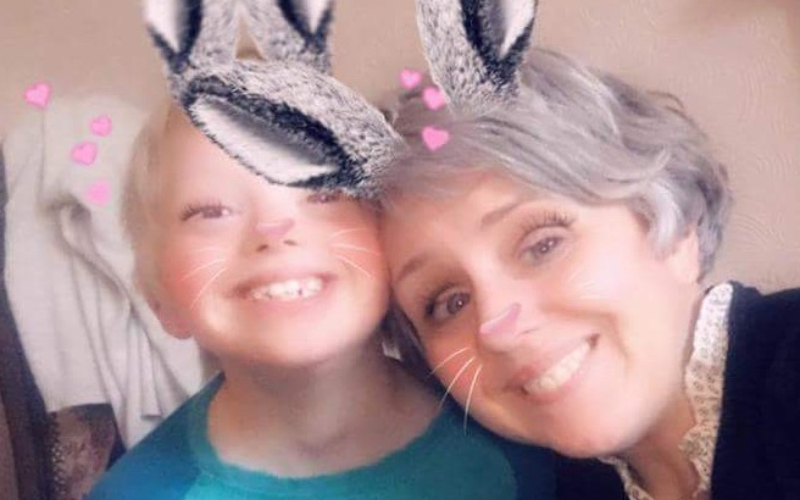You have just received the news that your baby has, or will have, Down’s Syndrome. This must have come as a shock. Perhaps you feel a sense of grief, all your hopes and dreams for your child, for your family life and your future now lie shattered on the floor around your feet.
Perhaps you feel angry or cheated: ‘Why me?’ Or maybe you are numb, suspended in this moment, while all around you the world keeps turning as though nothing had happened.
Or perhaps you feel something else. Whatever your emotions are right now, it’s OK to acknowledge them, put a name to them – they are all perfectly natural and understandable reactions to the information the doctor has just given you. I can guarantee that you are not alone in how you feel.
Perhaps your doctor has just explained to you the ‘risks’ of having a child with Down’s Syndrome. Doctors are trained to talk in terms of risk. They have a duty of care which means they must inform their patients of the potential dangers of any procedure or course of treatment.
In the more usual kind of scenario they meet – that of treating typical people who have become sick – the other side of the coin is obvious: the procedure or treatment will make them well again. But when doctors deliver a diagnosis of Down’s Syndrome they often do not explain to their patients the flip side to all the ‘risks’ they talk about: most are not aware that a flip side exists, because they have never seen it.
I have seen it — because ten years ago I was sat where you are now, in a doctor’s office with loaded words hanging in the air all around me: ‘mental retardation*’, ‘developmental delay’, ‘heart defects’, ‘bowel defects’, ‘infection risk’, ‘leukaemia risk’ … (* the doctor’s words, not mine).
Ten years later, I hardly think about those words at all.
In these early days no one will be able to reassure you about what the future holds in store for your child. The doctor won’t be able to tell you what, if any, health problems your child will face.
No professional will be able to predict with any accuracy what your child’s level of ability will be – to be honest, the only person who can answer that question is your child them self, who will make this clear in his or her own time.
You have probably already been bombarded with information, too much to fully take on board — so I will only tell you one small thing today, and it’s this: loving a child with Down’s Syndrome is easy.
This is not because they conform to the ‘oh bless, aren’t they all so happy and loving’ stereotype; it is because your baby will be simply the most beautiful, the most exquisite little thing you have ever seen.
It is because your child will be just as engaging, inquisitive, humorous and cheeky in their own way as any other child.
It is because, at the end of the day, they are your child, your own flesh and blood, your mini-me, and loving your own child is the easiest and most natural thing in all the world.
Perhaps it is also because children like ours have a natural, subconscious wisdom, a knack of cutting straight through the crap to the heart of what’s important. They teach us as much as we teach them, they show us what it truly means to be human, and to be humane.
This love is the foundation of all else.
You may not believe me now, but you can do this – you are braver, stronger, more resourceful and resilient than you know. This love will bring those qualities out of you. Trust me, they are there, even if you can’t feel them yet.
There is perhaps one more thing I should tell you before I go: these early days, when everything is new and frightening, and shadowed with grief; when the weight of your child’s diagnosis presses down on your shoulders like you’re carrying the whole world on your back, they do pass. These days do pass.
